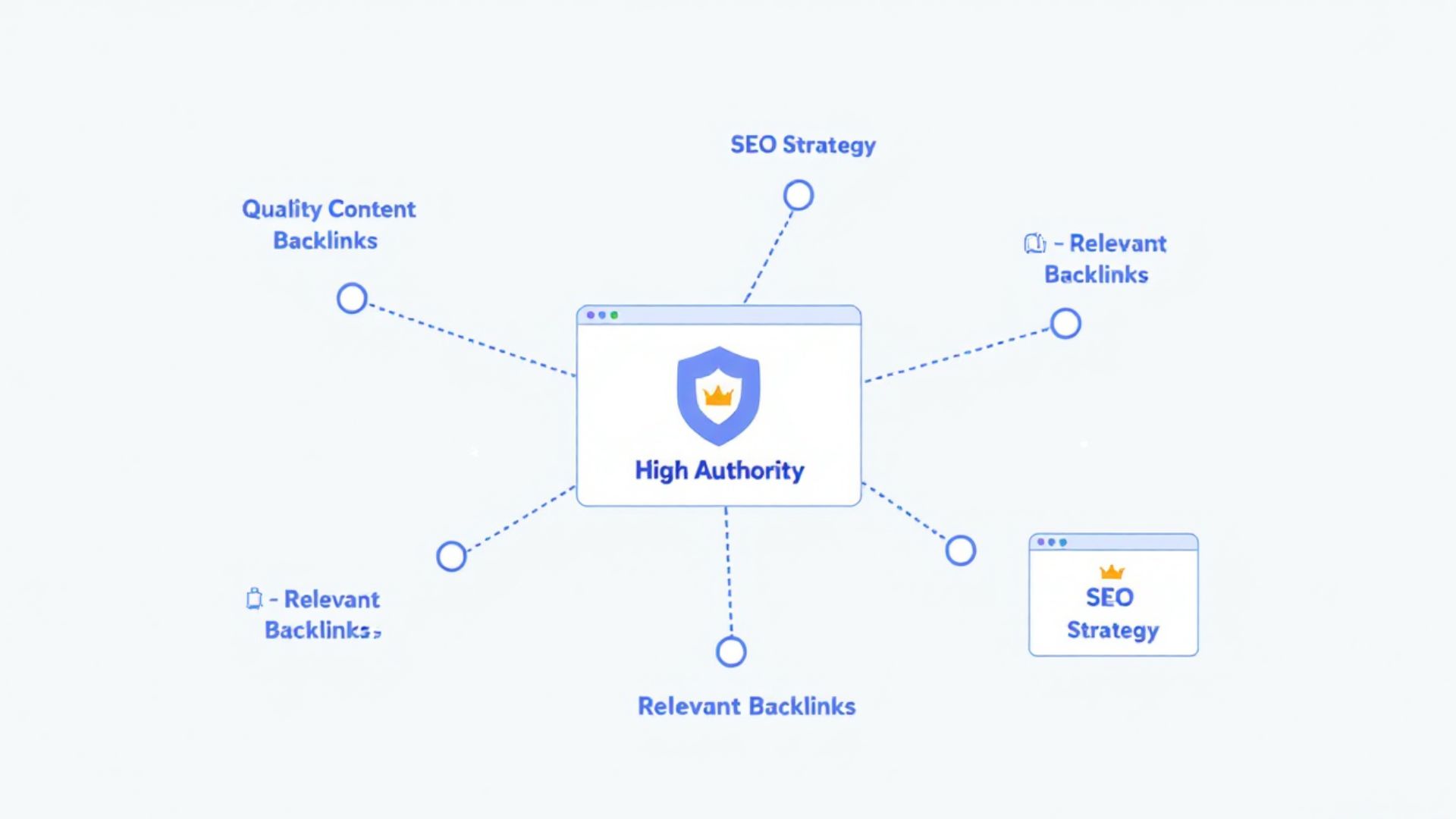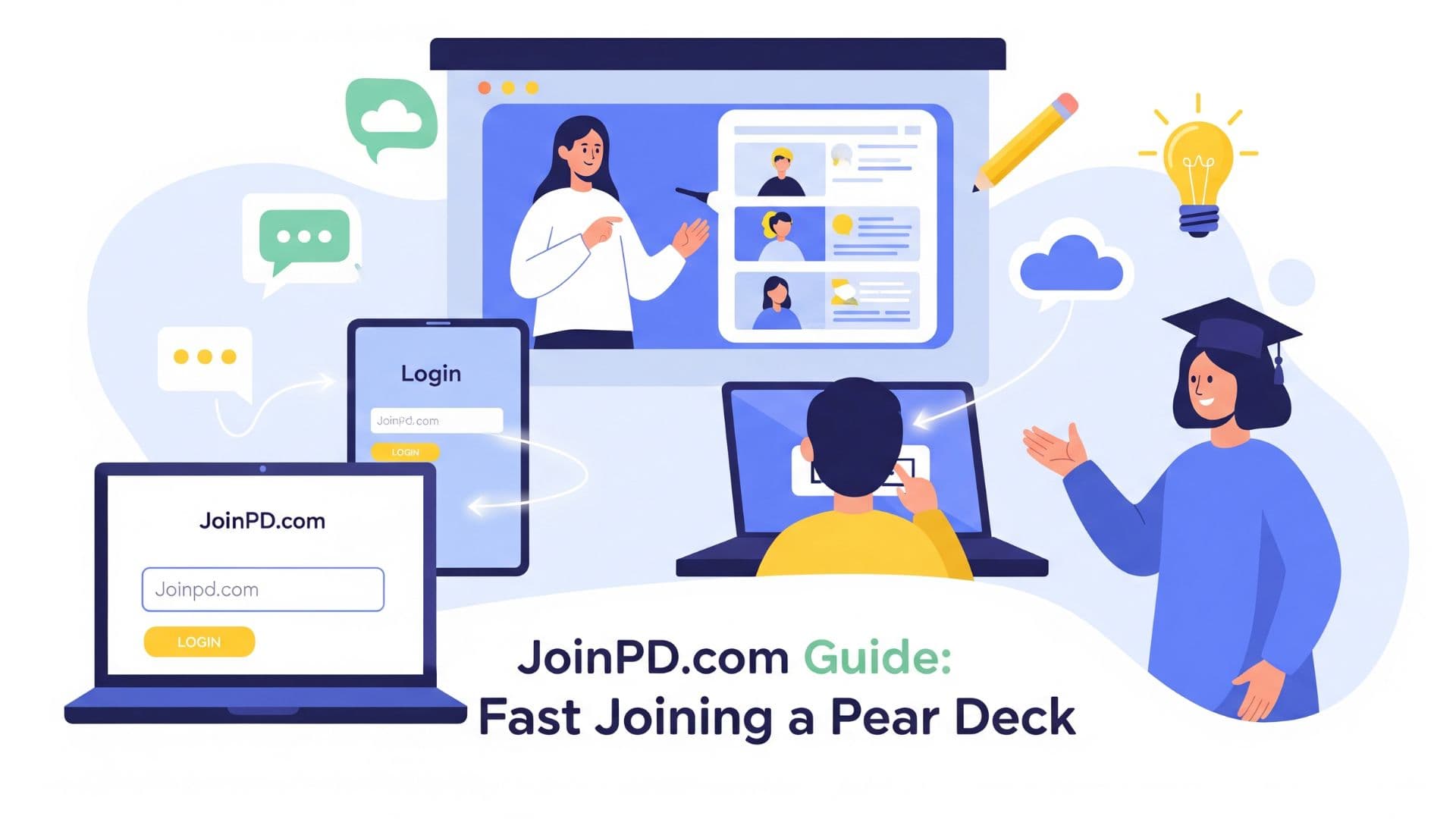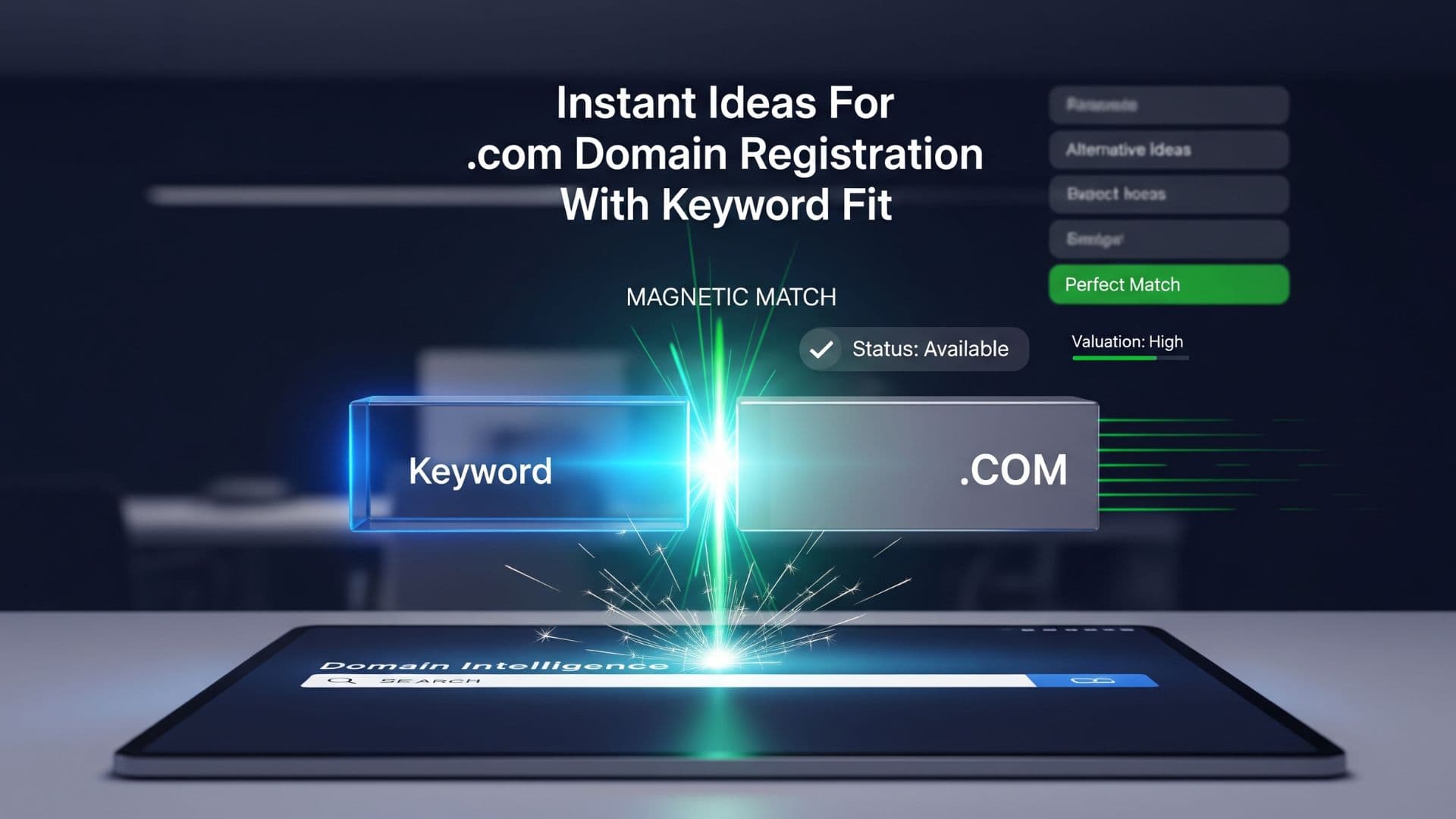You might think your sales funnel is driven purely by content, offers, or advertising. But there’s a hidden factor shaping each stage: domain authority. From the first impression to final conversion, domain authority—your website’s perceived trust and relevance—quietly influences whether people click, explore, and ultimately buy.
In the background, search engines are gauging your site’s credibility. But so are users. A domain that feels secure, relevant, and aligned with expectations creates a smoother journey from searcher to subscriber. And this isn’t just about backlinks or SEO scores. It’s about the emotional response your domain elicits before your content even loads.
Let’s break down how domain authority flows through every layer of your funnel.
How Domain Authority Affects Email Open Rates
Domain Extensions: A First Touchpoint
Before anyone reads your copy or browses your products, they see your domain name. More specifically, they notice your domain extensions—those few letters after the dot. While it may seem like a subtle detail, a free domain can make an immediate impression on both search engines and human visitors.

Classic extensions like .com or .org often feel familiar and safe. They signal that your site is established and likely reputable. But niche domain extensions—like .design, .studio, or .tech—can add a modern, professional edge when used with purpose. They don’t just differentiate; they communicate something specific about your brand.
When you choose a domain extension that aligns with your industry or voice, it enhances brand perception. In a lightly positive way, these custom extensions offer you a chance to stand out without looking risky or off-brand.
For example, a digital artist might feel more authentic at janeart.studio than at janeart-info.biz. It’s a minor choice with major impact, especially at the awareness stage of the funnel, where first impressions matter most.
Authority Starts With Search Appearance
Domain authority influences how you appear in search engine results. A higher-authority site tends to earn better rankings—but the story doesn’t end there.
When your site shows up in SERPs, the way it’s perceived is shaped by more than keywords. Your URL, title tag, and meta description all play a role. A trustworthy domain name increases click-through rate because it feels like a safe and reliable destination.
Users often scan URLs before clicking. If your domain feels generic, irrelevant, or overly stuffed with hyphens or numbers, it may trigger hesitation. Clean, professional URLs that match your branding and include a credible domain extension can guide clicks effortlessly.
The higher the perceived trust, the easier it is to get that first visit—the gateway to your funnel.
Browsing Confidence Comes From Brand Signals
Once users land on your site, the trust building continues. Domain authority now influences how people behave.
Do they bounce quickly, or explore further? Your domain sets the tone, but now it’s backed by branding, layout, speed, and structure. A strong domain name—especially one reinforced by a matching logo or brand identity—helps users feel like they’re in the right place.

This is especially important in mid-funnel experiences, where users are deciding if you’re worth their time. A domain that’s consistent with your messaging and supported by intuitive navigation quietly boosts their confidence.
They might not consciously say, “This domain looks credible,” but the feeling it gives off reduces friction. And less friction means deeper engagement.
Email Open Rates and Recognition
Think domain authority only affects on-site behavior? Think again. When users receive an email from your brand, your domain is often what they notice first.
A branded email like info@yourbrand.com looks polished. But one from best_offer245@cheapwebhost.net? Not so much.
The sender domain plays a subtle but powerful role in email open rates. If it’s tied to a high-authority domain—one they’ve seen in search or visited before—it builds recognition and trust. That means more opens, more clicks, and more chances to re-engage users in your funnel.
If your sales cycle involves email nurturing, your domain authority influences each touchpoint, silently lifting or lowering performance.
Link Strategy Reinforces Authority
Backlinks are the backbone of domain authority. But the way they’re integrated into your funnel matters too.
When your blog content earns links from respected sources, it improves SEO. But it also tells potential customers that others in your space recognize your value. This is social proof by way of digital signals.

Internal links also play a role. Linking from your blog posts to product pages, contact forms, or email signups guides users deeper into the funnel. A well-structured internal linking strategy shows organization—and that reflects well on your brand.
Authority is about perception. When your links are helpful, relevant, and smooth, people assume your business is too.
Branded Search as a Funnel Signal
As users engage with your site, some will eventually start searching for you by name. This is branded search—and it’s one of the clearest signals that domain authority is growing.
It often happens quietly. Maybe someone saw your ad, read your blog, or found you in a listicle. Later, they type your brand name directly into the search bar.
That branded query is a middle-to-bottom-funnel behavior. It means the trust you built through your domain and content was strong enough to stick.
Search engines notice this too. Branded searches often lead to better rankings and richer search results (like sitelinks or knowledge panels), which increases visibility and confidence. It’s a loop that strengthens itself.
Conversion Confidence Comes from Familiarity
By the time someone reaches the bottom of your funnel, familiarity becomes the final hurdle.
They’ve seen your brand, visited your site, maybe even followed you on social media. Now they’re staring at a checkout page or lead form.

Here’s where your domain plays one last critical role. If it looks different—if the checkout is on a weird subdomain or handled by a third-party name—they pause. Trust breaks.
Consistency is key. Your domain name should appear in every major interaction: your site, your emails, your payment portal. It reinforces security. It feels like one experience, not a handoff.
The more users see your domain and associate it with positive experiences, the less they hesitate. And hesitation is where conversions go to die.
Strengthening Authority Through Content and Community
While much of domain authority stems from technical SEO and backlinks, content and community are the two cornerstones that push it from good to great. Publishing helpful, authentic content consistently not only improves your site’s SEO standing but also gives returning users a reason to stay engaged with your brand.
But content alone isn’t enough. Building community around your domain—via blog comments, social media engagement, or user-generated content—sends another strong signal to both search engines and people. It tells them your brand isn’t just visible; it’s active, responsive, and invested in its audience.

Start a conversation. Encourage sharing. Respond to feedback. These human actions, while often overlooked, have cumulative effects that extend your domain authority far beyond algorithms. The stronger the connection you build with your visitors, the more likely they are to move through your sales funnel without friction. It’s not about being everywhere—it’s about being consistent, valuable, and easy to trust in the places that matter.
Conclusion
You might not think about domain authority when you map out your sales funnel—but it’s shaping the entire journey. From the first glance at your domain extensions to the final moment of clicking “buy now,” trust is being built—or broken—at every turn.
High authority isn’t just an SEO asset. It’s a credibility multiplier. It turns cold traffic into warm leads, and warm leads into loyal customers. So the next time you brainstorm funnel strategies, don’t just focus on content or offers. Look at your domain. It’s quietly doing more work than you think. Choose the right extension. Build recognition. And remember: trust begins before they even land on your site.










